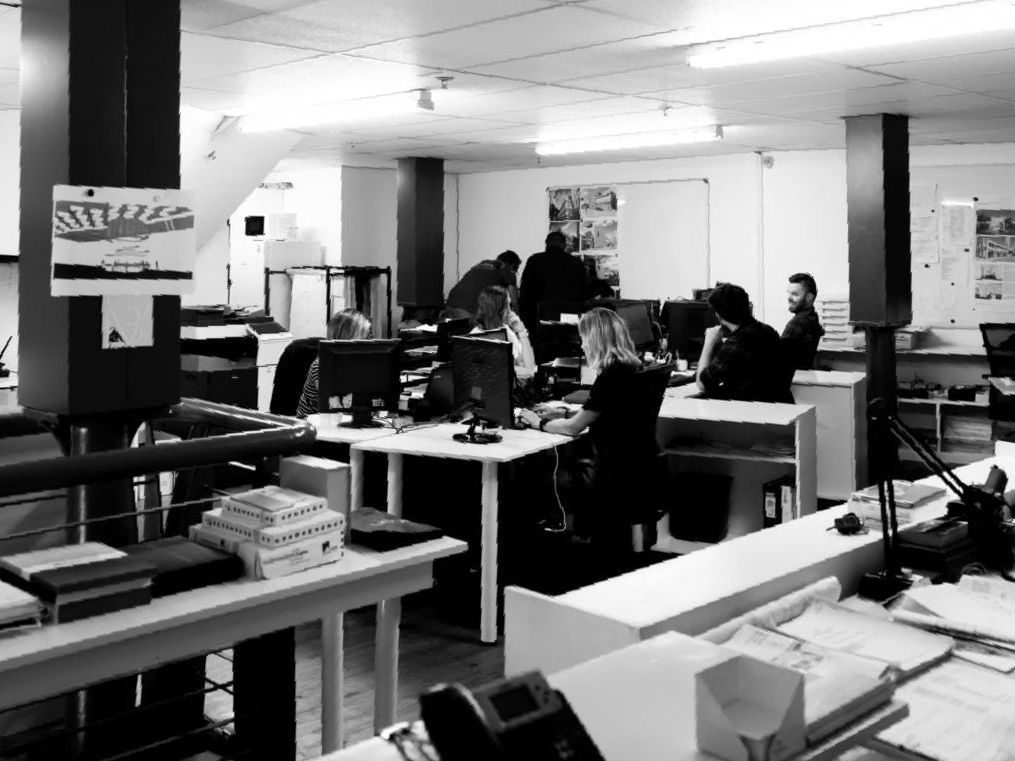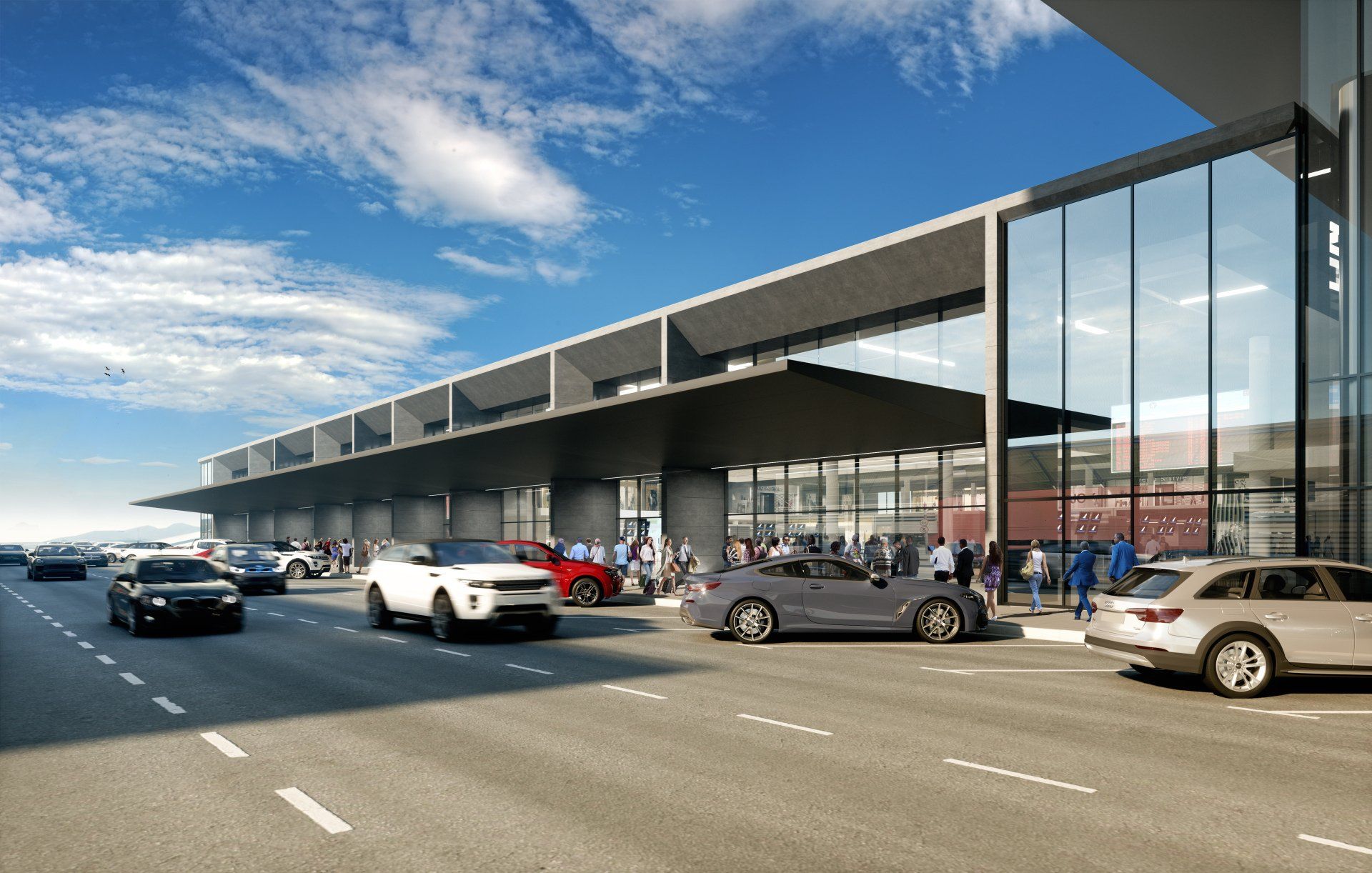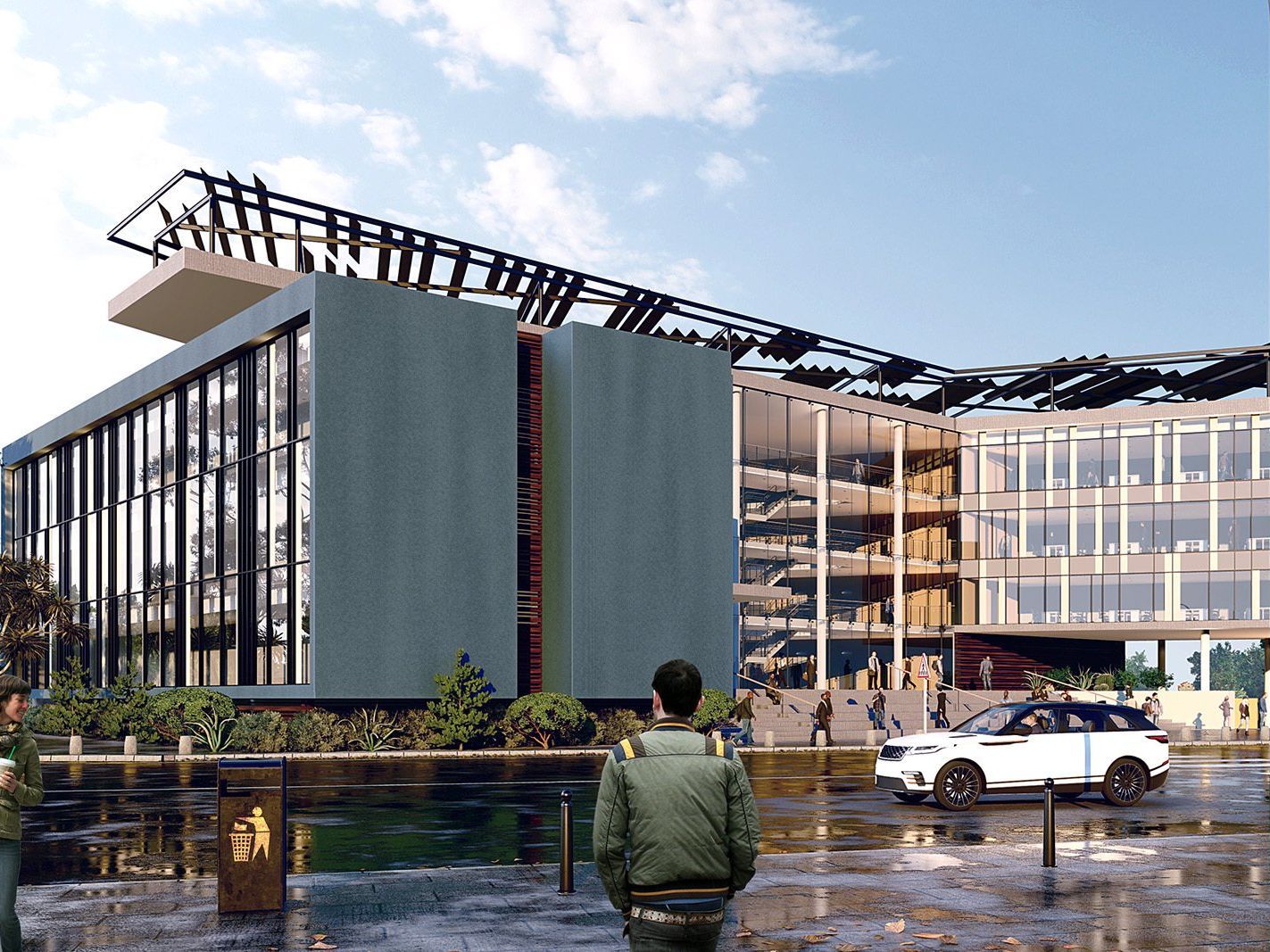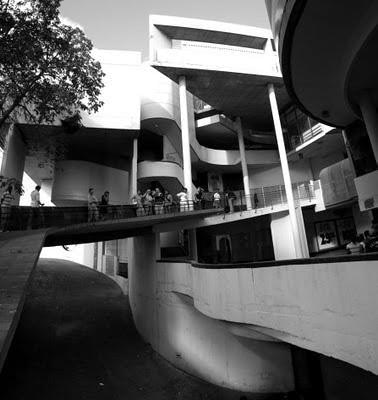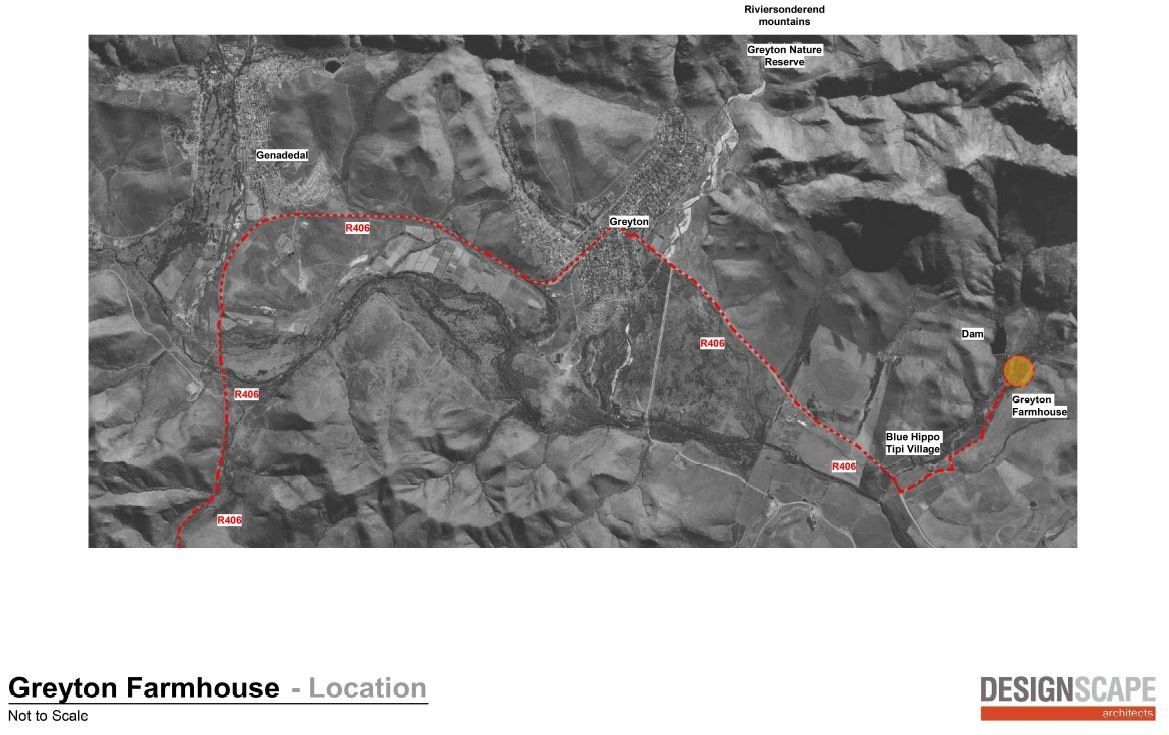A common misconception, shared by both architectural students and people in other fields, is that architecture is an industry. This, however, is false. If architecture were treated as nothing more than a means to make a profit, it would be stripped of all the sensitive design decisions that ultimately change people’s lives.
Architects, like any other professional, have a responsibility to ensure that their work positively impacts the lives of others. My university lecturer used to say, “If doctors have a moral obligation to improve people’s physical wellbeing, and psychologists have an obligation to improve their mental wellbeing – then architects have an obligation to improve environmental wellbeing.”
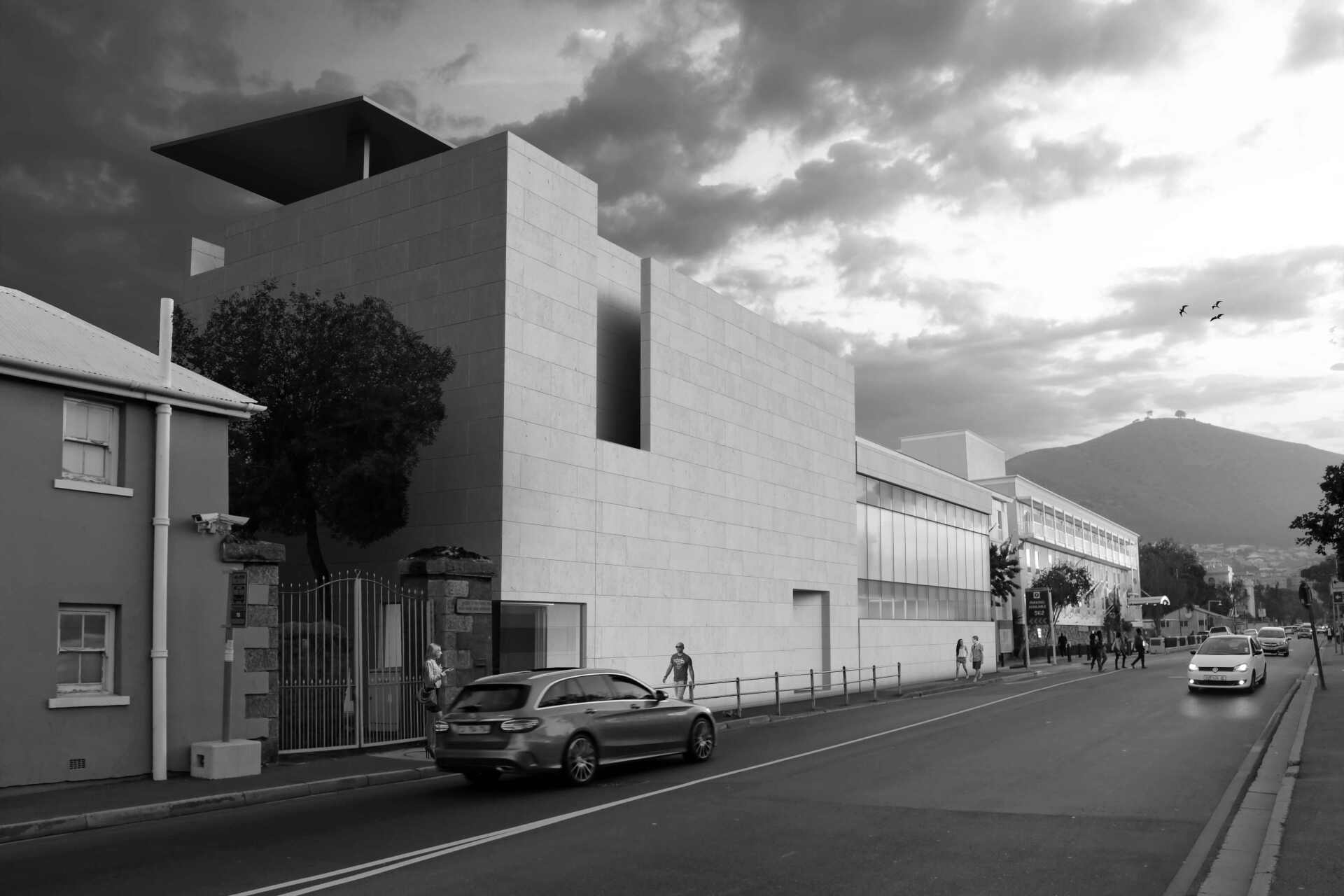
Architects approaches to architecture
At architecture school, students are taught the importance of ethical space-making. In theory lectures, they stringently analyse the way architecture affects human beings. Young architects learn how architecture has the potential to be damaging to people – such as the design of the panopticon. It was a theoretical prison that could enable a single warden to observe any prisoner at any given time without them knowing, prompting inmates to behave all the time.
They also learn how architecture can drastically improve lives, by studying buildings that are ecological, sustainable, socially conscious, and responsive within society. It isn’t all about aesthetic beauty and expensive materials. Architects have a responsibility to challenge ideas of beauty, and materialistic approaches to architecture.
Unfortunately, there are architects and architecture firms that indeed work only to earn a profit. Of course, making a profit is important for a firm’s growth and development, and architecture firms, after all, do operate as businesses – but this does not justify the acquisitive approach to the design elitist architecture. This surface-level form of architecture is abundant in Cape Town, which is one of the most unequal cities in the world. This inequality allows some architects to pander to the wealthy and neglect their responsibility to design buildings that are socially conscious.
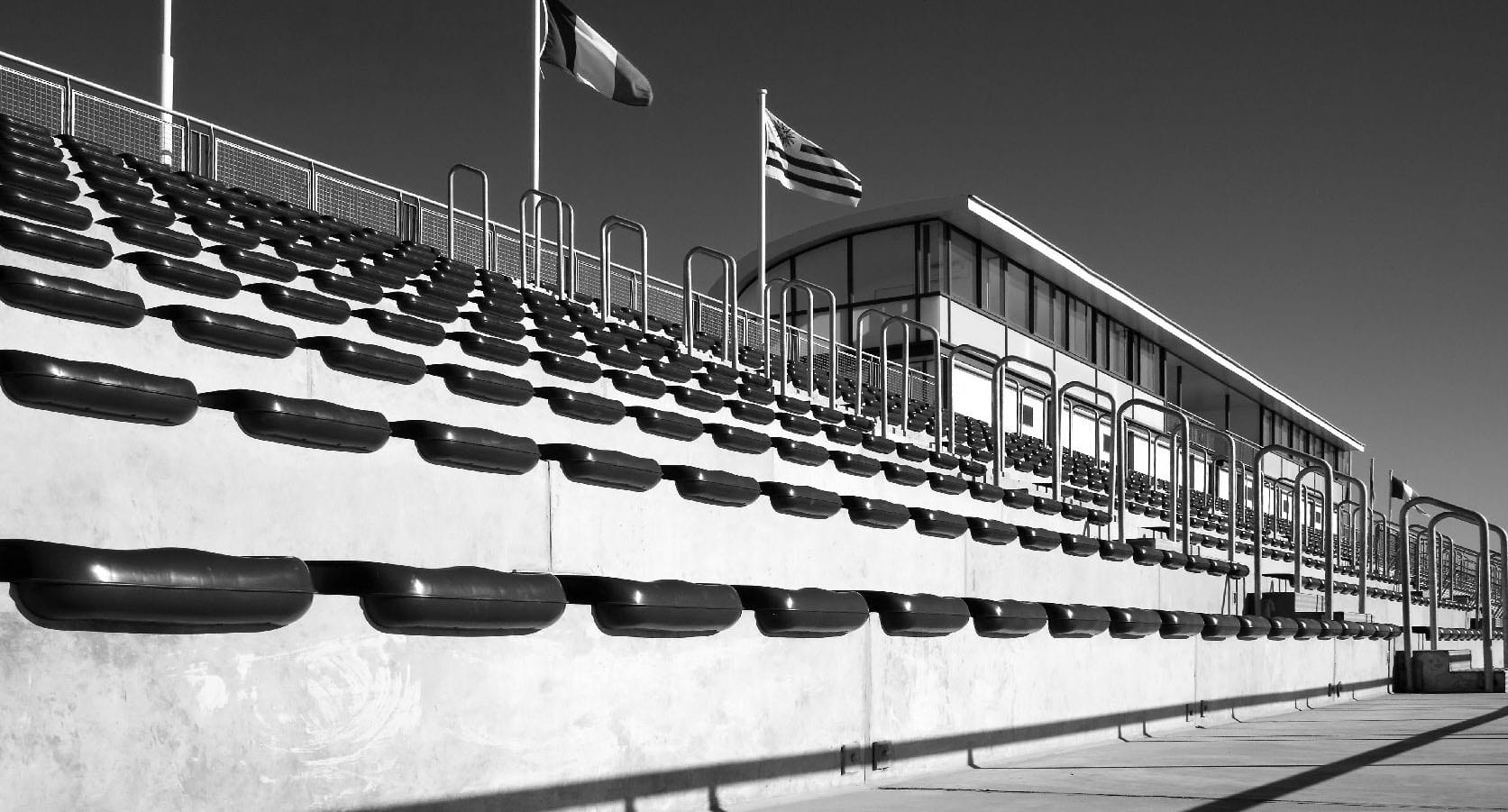
Design Scape Architects’ vision
At DesignScape, our vision is to see diversity inform the design process – and thus – enhance our design product. We care deeply about this idea, and to some extent its forms the basis of our entire firm. This premise allowed us design socially responsive buildings such as Philippi Stadium – which brought its community through the shared love of football, and was designed in way that would redress the imbalances of the past. All of our work subscribes to this central idea, and we believe that if every architect stayed true their own system of beliefs, South Africa’s built environment would improve the lives of every citizen.
For more information about our innovative architectural services and on how we can assist you, get in touch with our team of professional architects and designers in Durban and Cape Town.

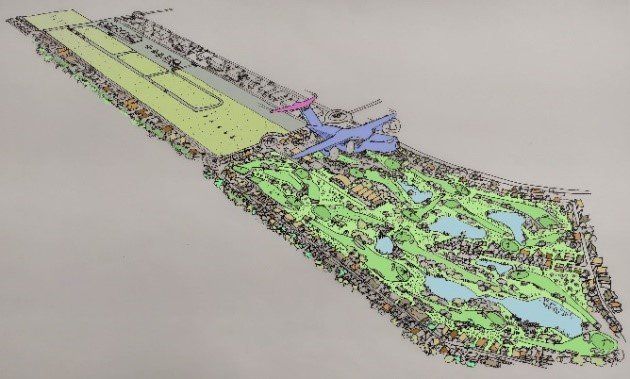
Cape Town
109 Waterkant Street
De Waterkant Cape Town
South Africa, 8001
Durban
Rydall Vale Office Park
Rydall Vale Crescent
Block 3 Suite 3
Umhlanga, 4019
Website design by Archmark


